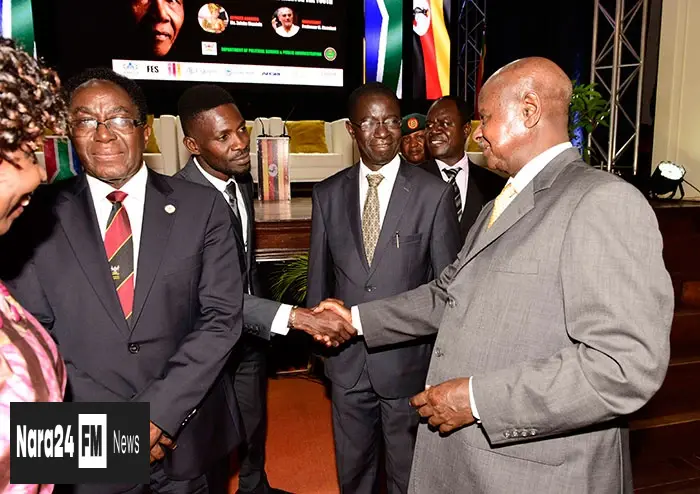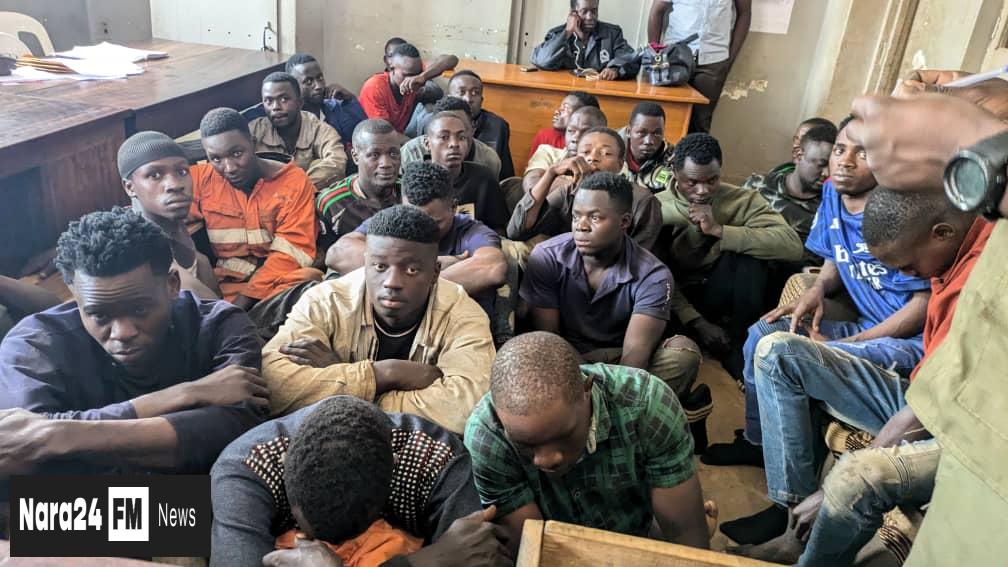Uganda's Operation Wealth Creation (OWC) Coordinator, General Salim Saleh, has publicly addressed mounting speculation about his personal assets during a high-profile economic conference in Kampala. As the brother of President Yoweri Museveni, Saleh's financial status has long been subject to intense public scrutiny across the East African nation.
Clarifying Urban Land Holdings
Speaking at the "Musevenomics Conference", the military leader refuted widespread assumptions about his property portfolio in the capital. "Public perception suggests I control half of Kampala's territory," Saleh stated, "but the reality is starkly different – my holdings here extend to just two acres at most." His declaration came alongside the revelation of an upcoming city-wide land ownership investigation.
Land Study to Uncover Truths
The forthcoming research initiative, titled "Who Owns Land in Kampala City", originated from proposals by Makerere University's land law specialist Professor John Kigula. Saleh emphasized the study would serve multiple critical purposes: identifying legitimate landowners, resolving what he termed "historical injustices", and fostering societal reconciliation between disputing factions. "This examination will bring essential clarity to land discussions that increasingly dominate city discourse," the General asserted during his keynote address.
Industrial Park Scrutiny Addressed
Saleh simultaneously responded to inquiries regarding his involvement with the Namunkekera estate in Nakaseke District's Kapeeka region. He confirmed that Uganda's Internal Security Organisation (ISO) recently sought details about acquisition and usage of this property. "I've meticulously researched this land's history, ownership records, and applications," Saleh responded, expressing confidence in his documentation.
Economic Contributions Highlighted
The military leader elaborated on the site's transformation into the Namunkekera–Liao Shen Industrial Park, a joint venture hosting multiple manufacturing facilities. Spanning fruit processing, ceramics production, and other value-chain industries, this development falls under OWC supervision. Saleh emphasized its role in Uganda's industrialization strategy: "The park currently sustains livelihoods for over 2,000 young Ugandans, directly advancing our national economic objectives."
Observers noted the timing of Saleh's disclosures coincides with increasing public debates about wealth distribution and land reform in Uganda. As coordinator of the government's flagship poverty-alleviation program, his personal assets remain politically sensitive. The land ownership study represents an unprecedented effort to establish factual baselines amid rampant speculation, though independent analysts await methodological details.
This rare public accounting attempt follows years of unverified claims regarding elite land acquisitions in rapidly urbanizing Kampala, where property values have surged exponentially. Saleh's voluntary transparency initiative marks a significant departure from previous official responses to wealth inquiries among Uganda's leadership circles.








Comments (0)
Leave a Comment
Be the first to comment on this article!